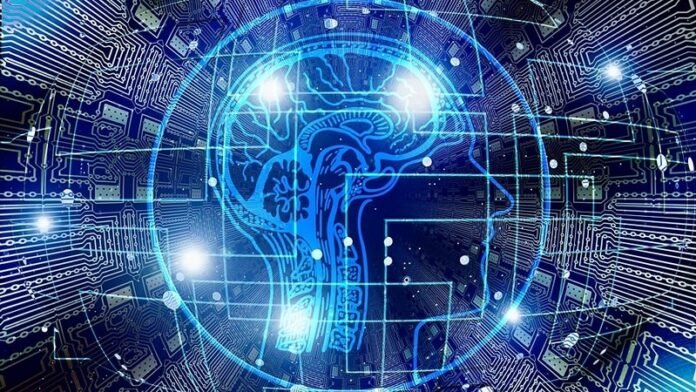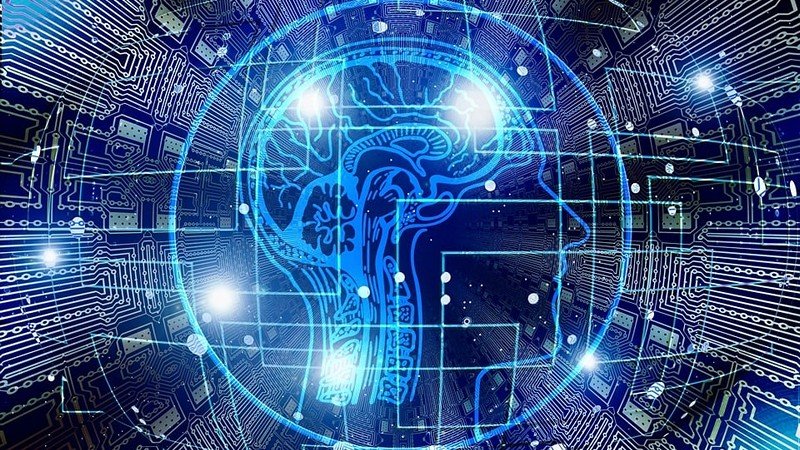

As artificial intelligence (AI) continues to advance, concerns about job security are mounting. A recent report by the Institute for Public Policy Research (IPPR) warns that nearly 8 million jobs in the UK could be at risk due to AI, with women, younger workers, and low-wage earners facing the highest vulnerability. With the potential for significant job displacement, how can government intervention mitigate the impact of AI on the workforce, what strategies can be implemented to ensure a smooth transition as AI technologies evolve, and what role can employers and unions play in shaping a future where AI boosts economic growth without causing a “jobs apocalypse”?
Top Stories This Week
Hardware Business News
Pragmatic Semiconductor: How £500m Chip Maker Is Set to Become UK’s Largest
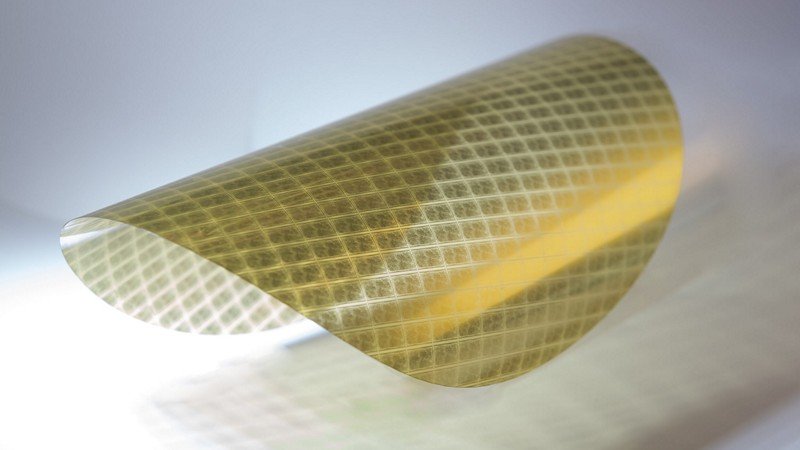
Pragmatic Semiconductor has recently opened the UK’s first 300mm semiconductor fabrication line at Pragmatic Park in Durham, set to make it the largest chip manufacturer in the UK. With a significant funding boost and plans to build eight manufacturing lines over the next five years, the company aims to produce billions of chips annually. How will this expansion impact the UK’s position in the global semiconductor market, what role will sustainability play in Pragmatic Semiconductor’s mission to enable item-level intelligence, and how might the creation of 500 highly-skilled jobs influence the local economy and technological advancement in the UK?
Apple Plans to Source Chips from US and Europe in Future

Apple’s decision to source chips from a factory in the US marks a significant shift in its supply chain strategy, aiming to reduce reliance on Asian factories. With the Arizona plant set to produce 5-nanometer processors, how will this impact Apple’s future devices’ performance and efficiency, how might this global expansion influence the semiconductor industry landscape, and with plans to also source chips from Europe, how will Apple’s diversification of suppliers impact the tech giant’s overall production capabilities and resilience in the face of supply chain disruptions?
New UK Legislation Requires Manufacturers to Comply with Product Security and Telecommunications Infrastructure Act
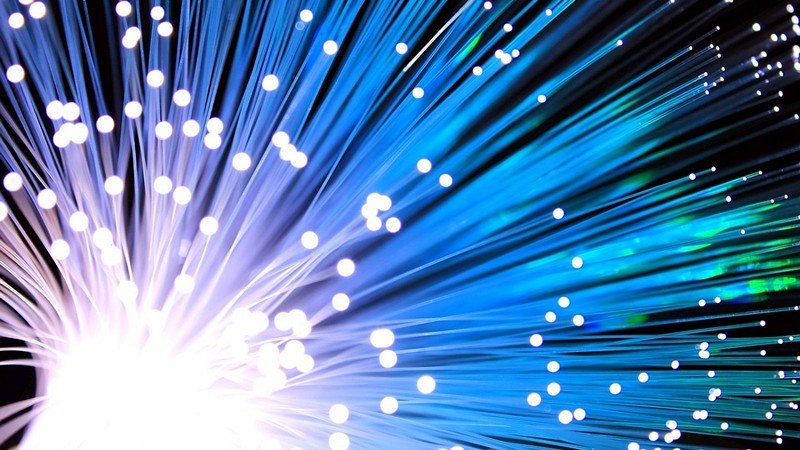
The Product Security and Telecommunications Infrastructure Act 2022 is set to come into force in the UK, impacting manufacturers, importers, and distributors of internet-connectable and network-connectable products. Manufacturers will need to comply with security requirements, provide a statement of compliance, and address potential compliance failures. How will this Act influence the security standards of IOT devices in the UK market, what challenges might manufacturers face in meeting the stringent security requirements, and how can manufacturers ensure ongoing compliance with the Act to avoid penalties and sanctions?
Hardware Engineering News
Next-Gen Ot Network Security Solution Unveiled By Nexcom

As the industrial landscape evolves with the rise of Industrial Internet of Things (IIoT) devices, ensuring robust cybersecurity measures within Operational Technology (OT) networks becomes imperative. NEXCOM’s ISA 141 security router, equipped with dual 5G and dual Wi-Fi 6E, emerges as a cutting-edge solution for enhancing OT security in industrial environments. How does the ISA 141’s out-of-band management feature contribute to efficient industrial operations and key asset protection, what advantages does the integration of Wi-Fi 6E bring to the router in terms of wireless security for IIoT devices, and in what industrial scenarios can the ISA 141 router prove to be a versatile and indispensable tool for ensuring robust OT security measures?
Intel Reveals New Era Of AI PCs With Copilot Key
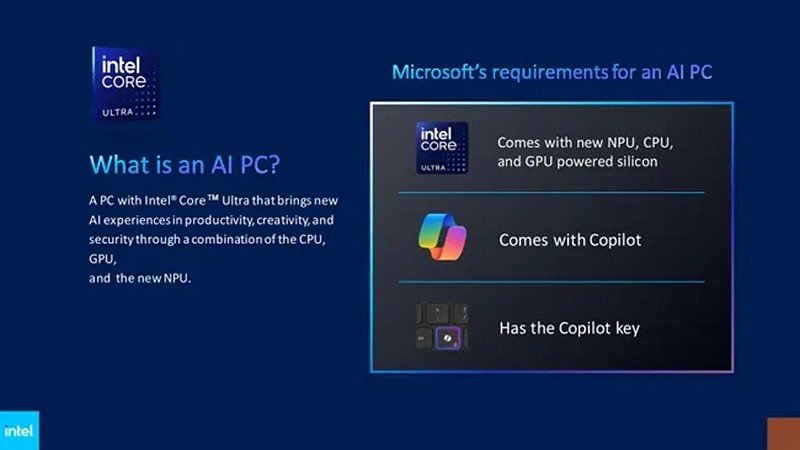
Intel and Microsoft are gearing up for a new era of AI PCs, with a key requirement being the inclusion of Microsoft’s Copilot key. This key component is part of the OEMs’ obligation to build an AI PC, which also involves integrating a Neural Processing Unit (NPU) and the latest CPUs and GPUs. As the industry moves towards more AI-powered features in Windows, the collaboration between Intel and Microsoft is crucial. How will the Copilot key impact the functionality of AI PCs, what benefits will OEMs gain from adhering to Microsoft’s AI PC requirements, and how might this push for AI PCs influence the future of computing technology?
MIT Engineers Develop Method to Give Robots Common Sense for Self-Correction
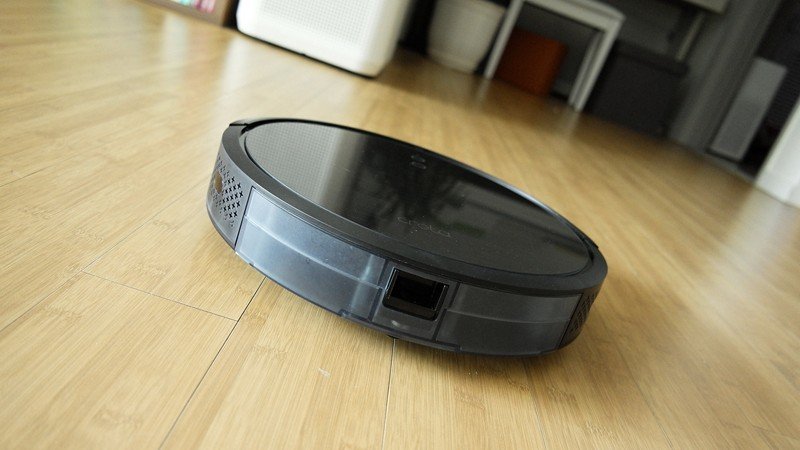
Robots are becoming increasingly adept at performing complex household tasks, thanks to engineers at MIT who are integrating common sense knowledge with robot motion data using large language models (LLMs). This innovative approach allows robots to self-correct errors and adjust to disruptions during tasks without needing explicit programming for every possible failure. By connecting the logical subtasks of a chore with physical adjustments, robots can now seamlessly navigate through challenges and improve overall task success. How does this method enhance a robot’s ability to recover from errors during tasks, what impact might this advancement have on the efficiency and autonomy of household robots, and how could integrating LLMs with robot motion data revolutionize the field of robotics in the future?
Hardware R&D News
New Chip Design Harnesses Photons for Faster AI Training

A groundbreaking microchip design powered by light, rather than electricity, has been developed by scientists. This innovation aims to enhance the training speed and efficiency of future artificial intelligence (AI) models significantly. By utilizing photons for complex calculations, the chip could potentially revolutionize computer processing speed and energy consumption. The researchers’ approach involves creating a light-based platform capable of performing crucial mathematical operations for training neural networks. How might the integration of light-based technology impact the future of AI training and development, what specific advantages do photons offer over electrons in terms of speed and energy efficiency, and how could this innovation potentially reshape the landscape of semiconductor design and production?
Fujitsu And Riken’s AI Technology Predicts State Of Target Protein 10 Times Faster

Fujitsu and Riken have made groundbreaking strides in the realm of generative AI technology, significantly accelerating the prediction of a drug’s target protein state within the body. By leveraging advanced cryo-electron microscopy images, this innovative collaboration has successfully recreated proteins in dynamic 3D structures at a pace more than ten times faster than current methodologies. As this cutting-edge technology continues to revolutionize protein analysis and drug development processes, one might wonder: How does this rapid protein state prediction benefit the pharmaceutical industry in terms of time and cost efficiency, in what ways can the generative AI technology by Fujitsu and Riken enhance the accuracy of predicting protein movements compared to traditional methods, and, with this remarkable advancement, what potential impact could it have on the future of drug discovery and personalized medicine?
Open-Source Hardware News
Apple Engineers Researching Standardised Battery Interchangeability Technology

Apple is exploring the development of a series of standardized enclosures that would allow users to interchange batteries between various devices, potentially leading to a universal standard for battery interchangeability. This innovation could revolutionize how users power their devices, eliminating the need for constant charging. With the proposed battery “shells” containing battery cores and sensors for different devices, users could easily swap batteries between products from different manufacturers. How might this standardized battery system impact the way users power their devices daily, what challenges could arise in implementing a universal battery standard across different brands and devices, and how could this technology influence the future design and functionality of electronic devices?
Tech Giants Join Forces to Challenge Nvidia’s AI Dominance
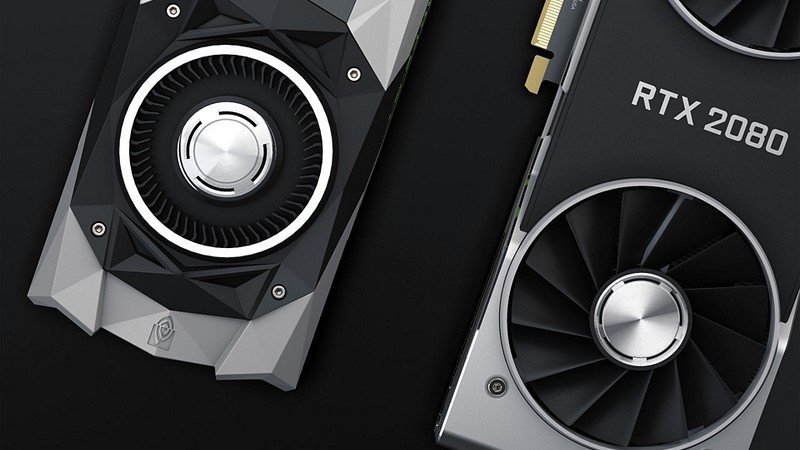
Nvidia’s dominance in the AI chip market is being challenged by a coalition of tech giants through the Unified Acceleration Foundation (UXL) project. This initiative aims to break the proprietary software barriers that have favored Nvidia, allowing AI developers to run their code on any machine and chip. As this project progresses, how might it impact Nvidia’s market position and influence the future of AI hardware development, what specific technical aspects will the UXL project focus on to ensure compatibility across different hardware platforms, and how could the involvement of additional chipmakers and cloud-computing companies further diversify the AI hardware landscape and benefit developers worldwide?
